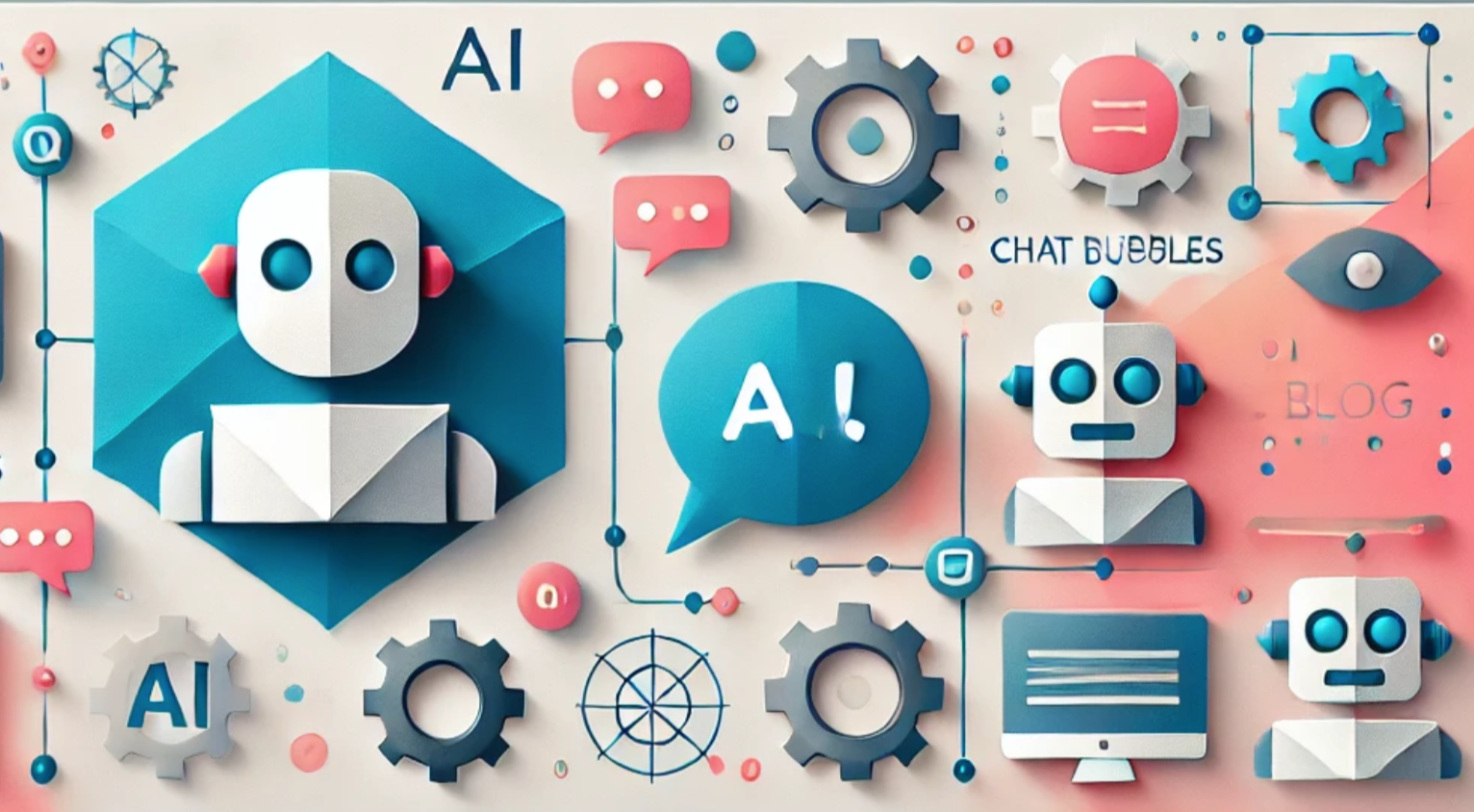An AI agent is a software entity that autonomously performs tasks on behalf of users or other programs. These agents are designed to simulate human decision-making processes, allowing them to handle complex tasks with minimal human intervention. AI agents can range from simple rule-based systems to sophisticated models that leverage machine learning and deep learning techniques.
AI agents operate in various environments, interpreting and responding to inputs in real time. They can perform tasks such as scheduling appointments, managing emails, or even driving cars. The key characteristic of an AI agent is its ability to learn and adapt, improving its performance over time based on experience and new data.
How to Use AI Agents
Using AI agents typically involves defining their goals, designing their architecture, and training them with relevant data. The process begins with identifying the specific task the agent needs to accomplish. This task could be as straightforward as sorting emails or as complex as managing a customer service hotline.

Once the task is defined, the next step is designing the agent’s architecture. This involves choosing the right algorithms and models that will enable the agent to process information and make decisions. For instance, reinforcement learning algorithms are often used for tasks that require continuous learning and adaptation.
After designing the architecture, the agent needs to be trained. Training involves feeding the agent with large amounts of data and allowing it to learn from this data. The training process can be iterative, with the agent’s performance being evaluated and refined over multiple cycles.
HuggingFace Agents Examples
For example, HuggingFace has two Types of Agents.
Code Agent
This agent follows a planning step, then generates Python code to execute all its actions simultaneously. It natively handles various input and output types for its tools, making it the recommended choice for multimodal tasks.
ReAct Agents
This is the preferred agent for solving reasoning tasks. The ReAct framework (Yao et al., 2022) makes it highly efficient by allowing the agent to think based on its previous observations.

Code Examples for Beginners
Let’s look at a simple example of an AI agent using Python. We’ll create a basic rule-based chatbot that responds to user inputs. This example will use the Natural Language Toolkit (nltk) library.
import nltk
from nltk.chat.util import Chat, reflections
# Sample conversation pairs
pairs = [
['hi|hello', ['Hello!', 'Hi there!']],
['how are you?', ['I am doing well, thank you!', 'I am great, how about you?']],
['bye|goodbye', ['Goodbye!', 'See you later!']]
]
# Creating the chatbot
chatbot = Chat(pairs, reflections)
# Starting the conversation
print("Hi, I'm your chatbot. Type something to start a conversation.")
while True:
user_input = input('> ')
if user_input.lower() in ['bye', 'goodbye']:
print('Goodbye!')
break
response = chatbot.respond(user_input)
print(response)This simple chatbot responds to greetings, inquiries about well-being, and farewells. While basic, it illustrates the core concept of AI agents: responding to inputs based on predefined rules.
Advanced Applications and Future Trends
As technology advances, AI agents are becoming more sophisticated and versatile. Advanced AI agents are now capable of performing tasks that were once thought to be the exclusive domain of humans. For instance, AI agents are used in healthcare to assist in diagnosing diseases and recommending treatments.
In finance, AI agents analyze market trends and execute trades with high precision and speed. These agents leverage machine learning models to predict market movements and make informed decisions. Similarly, in customer service, AI agents handle large volumes of inquiries, providing quick and accurate responses to customers.
The future of AI agents looks promising, with continuous improvements in algorithms and computational power. As AI technology evolves, we can expect AI agents to become even more integral to our daily lives, enhancing efficiency and enabling new possibilities across various sectors.
Conclusion
In conclusion, AI agents represent a significant advancement in technology, capable of performing a wide range of tasks autonomously. From simple rule-based systems to advanced machine learning models, AI agents are transforming industries and reshaping the way we interact with technology.
For beginners, understanding the basics of AI agents and experimenting with simple implementations is a great way to get started in this exciting field.
A list of AI autonomous agents
https://github.com/e2b-dev/awesome-ai-agents
Read related articles:

